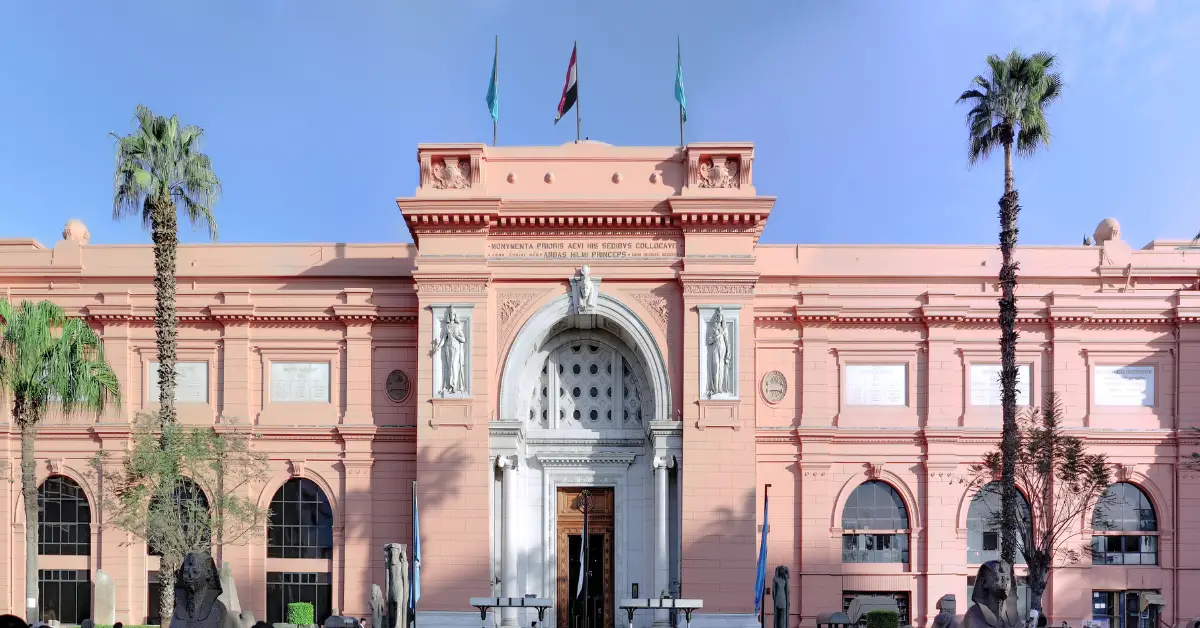Introduction
Understanding our past deepens our appreciation for the cultural heritage that has shaped societies throughout history. In this article, we examine the daily life, customs, and beliefs of Egyptians during the 18th century, a period marked by political, social, and cultural changes.
Egypt Under Ottoman Rule
During the 18th century, Egypt remained a province of the Ottoman Empire, which influenced its political, social, and cultural landscape. Egypt continued to be an important center of culture, commerce, and learning.
Cairo: A Vibrant Capital
Cairo, the capital of Egypt, thrived under Ottoman rule. The city’s markets, mosques, and madrasas played a central role in the daily lives of its residents, providing spaces for commerce, learning, and social interaction.
Religious Life in 18th-century Egypt
Religion was central to the lives of Egyptians in the 18th century, with Islam being the dominant faith under the Ottoman Empire. Religious institutions served as centers of Islamic learning and scholarship. Egypt also had significant Christian and Jewish communities, who practiced their faiths freely under Ottoman rule.
Family and Social Life in 18th-century Egypt
The family unit was a vital pillar of Egyptian society, providing support and stability. Marriage was an important institution, with families arranging unions to strengthen alliances and reinforce social ties. Daily life followed traditional customs and Islamic teachings, with gender roles largely conforming to established norms. Women in Egypt enjoyed a comparatively higher degree of autonomy and legal rights than their counterparts in many other societies of the time.
Conclusion
Life in Egypt 300 years ago was shaped by a rich tapestry of cultural, religious, and social influences. By exploring the daily life, customs, and beliefs of 18th-century Egyptians, we gain valuable insights into the resilience and adaptability of human societies, as well as the enduring values that continue to inform our contemporary world. Understanding the past enhances our appreciation for the cultural heritage that has shaped Egypt’s identity throughout history.


